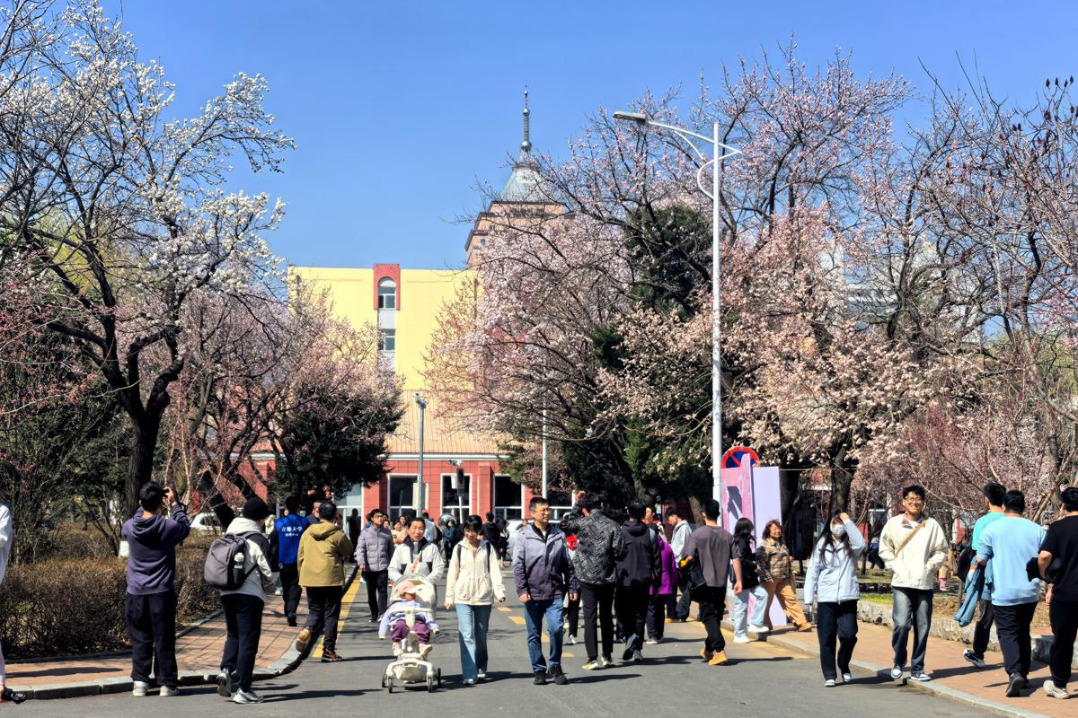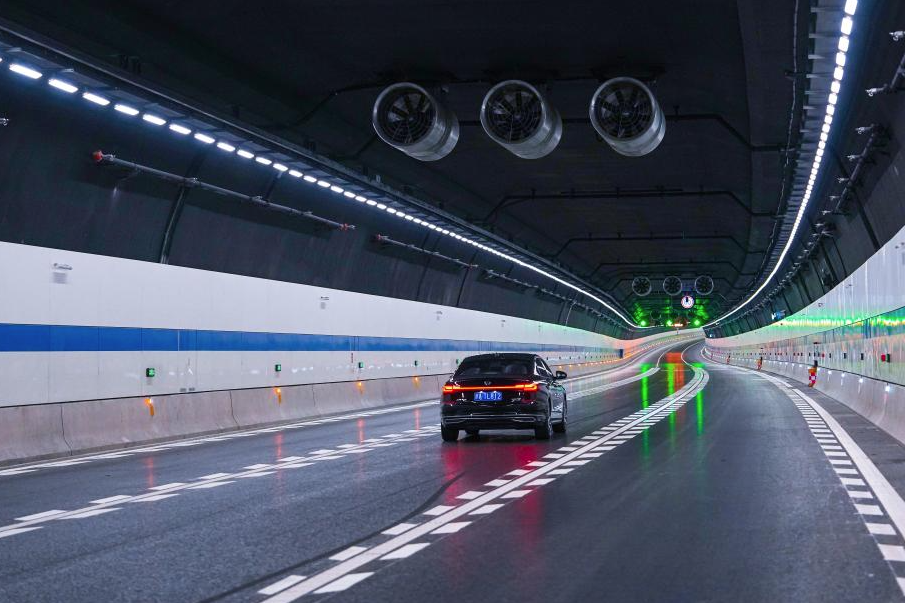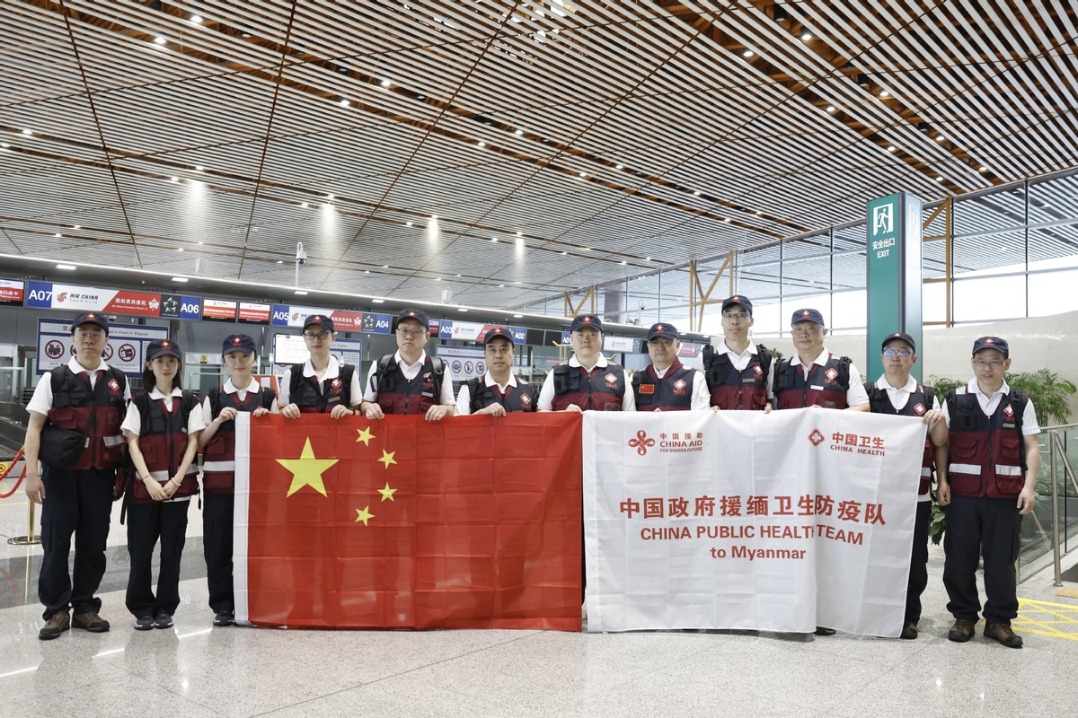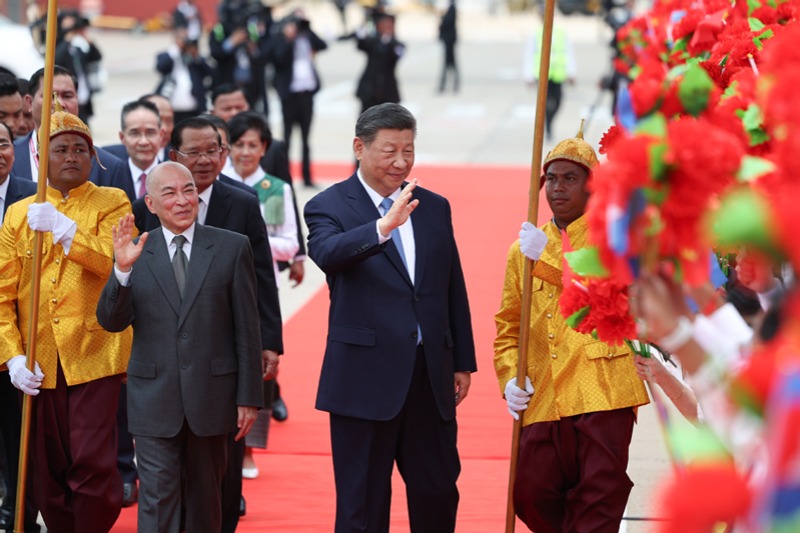Shanghai Metro achieves full 5G coverage

Shanghai Metro has achieved full coverage of 5G across the city's metro system and has begun trial operation of a dedicated 5G private network to support metro operations, marking a milestone in developing the world's first large-scale, systematic 5G application in urban rail transit.
The comprehensive coverage spans 21 lines, 517 stations and 896 kilometers, enabling passengers to enjoy seamless internet browsing, video streaming and music during their commutes, according to an announcement by the Shanghai Communications Administration and Shanghai Shentong Metro Group on April 15.
The success of the project reinforces Shanghai's status as a pioneer in smart transportation and sets a model for other megacities undergoing digital transformation in rail transit.
Last year, the Shanghai municipal government released a three-year action plan to accelerate the construction of new infrastructure, with a goal of becoming a global leader in 5G network coverage and application by 2026.
The 5G project was jointly undertaken by several telecommunication providers, including Shanghai Telecom and China Mobile's Shanghai branch. The initiative not only delivered full 5G network coverage, but also prioritized passenger experience and smart application scenarios.
More than 80 percent of the metro network has been upgraded to 5G-Advanced technology. Real-time testing shows average download speeds at station halls, platforms and tunnels exceeding 600 megabits per second, with peak speeds surpassing 1 gigabit per second, offering high-quality mobile communication services to millions of daily commuters.
The benefits extend to both passengers and metro operations. Shanghai Shentong Metro Group highlighted enhanced bandwidth and connectivity performance, which supports real-time remote monitoring of train operations, high-volume data collection for construction and emergency responses, and the use of 5G-enabled patrol and inspection robots for accurate fault detection.
Authorities plan to further optimize the 5G user experience and expand the deployment of 5G-Advanced technology. Future upgrades will explore more smart application scenarios, including the development of smart stations.
There are also plans to strengthen regional connectivity in the Yangtze River Delta and promote the export of standardized smart transportation solutions, contributing to a more connected, intelligent and environmentally friendly future for urban transit.
Gu Yingjie contributed to this story.





































